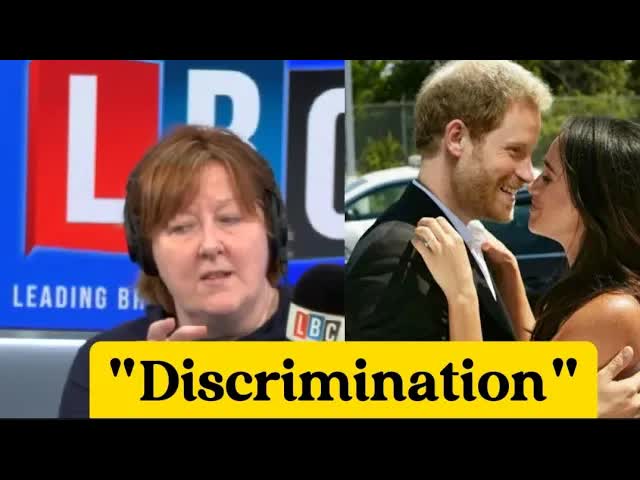The digital landscape has become a battleground for hate, particularly directed at high-profile figures like Meghan Markle, the Duchess of Sussex.
Recent research highlights a shocking spike in abusive tweets aimed at her, revealing a troubling trend of racism and misogyny that continues to permeate social media.
As we delve into this issue, it’s essential to understand the context and implications of such vitriol.
In a recent study conducted by a collaboration of journalism educators and tech specialists, researchers sought to track the prevalence of hate speech online.
They focused on a specific period shortly after Meghan and Prince Harry’s announcement, capturing a staggering number of tweets—tens of thousands—many of which were overwhelmingly negative.
Among these, approximately 400 tweets stood out for their particularly abusive language, using some of the most egregious racist and misogynistic slurs imaginable.
What makes this situation even more alarming is the nature of the attacks.
Some of the terms used to describe Meghan were not only offensive but echoed a disturbing history of derogatory language associated with racial and gender-based discrimination.
The stark reality is that even those accustomed to handling such content found it shocking.
This speaks volumes about the depth of hatred that can surface in the anonymity of the online world.
The interconnectedness of traditional media and social platforms exacerbates the issue.
Often, sensational headlines from newspapers find their way into social media discussions, creating a toxic cycle that perpetuates racism and hostility.
It raises an important question: how do we combat this culture of online abuse?
The answer is complex.
While some individuals may be able to brush off the negativity, others find it unbearable.
High-profile women, in particular, face a disproportionate amount of online harassment.
Research indicates that female politicians receive three times more abuse than their male counterparts, and Meghan’s experience reflects this troubling statistic, compounded by the racial elements of the attacks against her.
Despite the overwhelming negativity, Meghan Markle’s heritage is a vital part of the narrative that often gets overlooked.
She is a direct descendant of Queen Sophia Charlotte, the wife of King George III, who is known to have African ancestry.
This connection adds a rich layer to her identity, challenging the narrow perceptions held by many who hurl insults her way.
Queen Sophia Charlotte’s legacy is significant; she was a patron of the arts and maintained a notably monogamous marriage, producing over 15 children.
Her contributions to society and culture are enduring, yet many choose to ignore this history, opting instead to perpetuate harmful stereotypes.
It’s a disheartening reflection of societal ignorance that continues to fuel online hatred.
The need for education around this history is critical.
Understanding the diverse lineage of the British monarchy, including Meghan’s royal ties, can foster greater empathy and appreciation for the complexities of identity within the royal family.
Ignorance breeds contempt, and in this case, it manifests as online abuse.
As we witness the tide of hateful comments directed at Meghan, it’s essential to recognize that these attacks are not just personal but indicative of broader societal issues.
They reveal deep-seated prejudices that persist in modern discourse, often cloaked in the guise of patriotism or traditional values.
The legacy of Queen Sophia Charlotte serves as a powerful reminder of the rich tapestry that forms the history of the British monarchy.
Her African ancestry is a testament to the diversity that has always existed within royal bloodlines.
It is high time that society acknowledges this truth rather than allowing ignorance to dictate narratives.
In addressing the online abuse directed at Meghan Markle, we must confront the uncomfortable realities of racism and misogyny that still plague our culture.
A collective effort to educate ourselves and challenge these biases is crucial for fostering a more inclusive and understanding society.
Ultimately, the story of Meghan Markle is not just about one woman facing unjust criticism; it’s about confronting the systemic issues that allow such hatred to thrive.
By shining a light on her heritage and the historical context surrounding it, we can begin to dismantle the prejudices that continue to harm individuals and communities alike.
